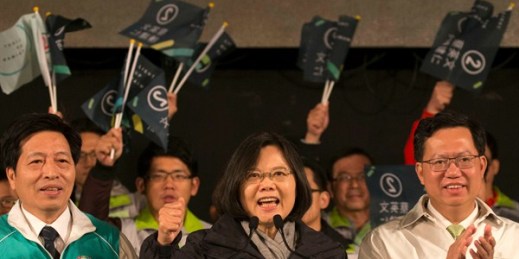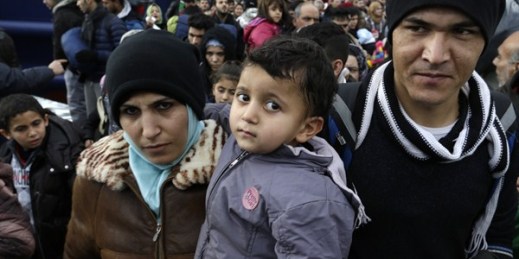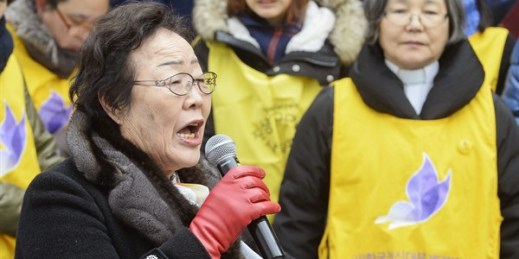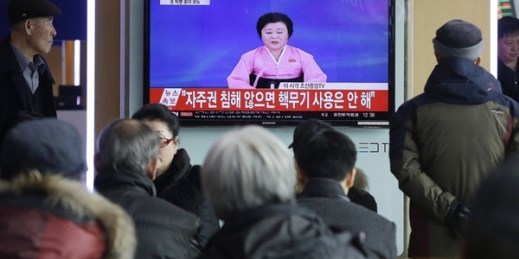
On Saturday, Jan. 16, Taiwan will hold a critical election that is likely to see the country vote in its first female president, Tsai Ing-wen. If elected, Tsai, who currently holds a double-digit lead in most polls, would herald a new era of politics in Taiwan and establish only the second government led by the liberal Democratic Progressive Party (DPP), after more than seven decades of political dominance by the nationalist Kuomintang (KMT) party. Adding to the intrigue is the race between the DPP and the KMT for the legislature, known as the Legislative Yuan. The KMT currently has 64 […]



